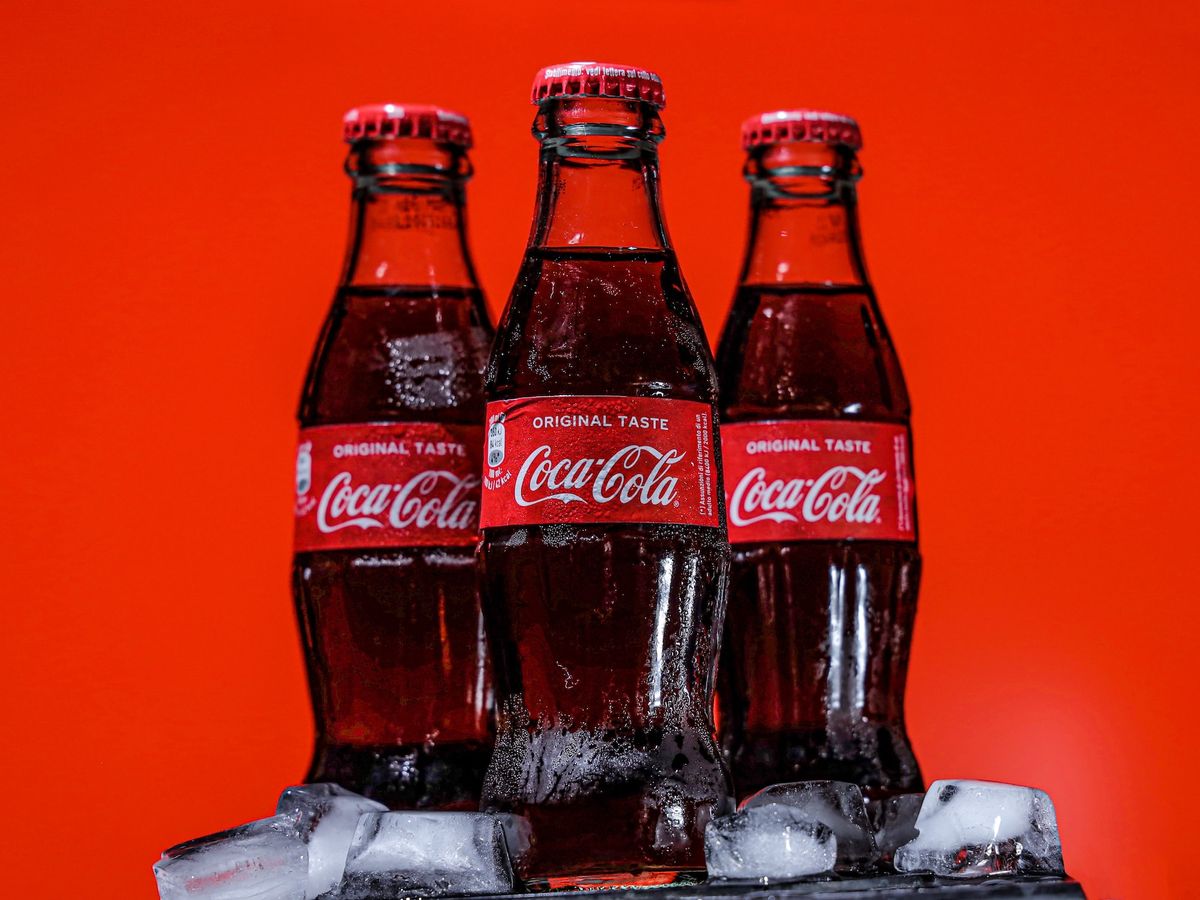They're all bad for you but some are less bad than others
Soft drinks are popular beverages that we usually enjoy with our meals, despite being aware of the negative effects they can have on our health.
Among the many options available, the famous Coca-Cola stands out, a soft drink loved by many people and never missing in our homes. Although all soft drinks are harmful to our health, there is the question of which of them could be less dangerous if we decide to consume them occasionally.
Regular Coke
The classic and most popular version of Coca-Cola has undergone changes over time, adapting to consumer preferences and regulations. However, it is still a beverage with high levels of sugar, which makes it a harmful option for our health.
Diet Coke
The light version of Coca-Cola is promoted as a low-calorie option, but still contains sugar in reduced amounts. Although its taste may differ from the original and other presentations, it is important to keep in mind that the consumption of this option may also have negative health implications.
Coca Cola Zero
Coca-Cola Zero is presented as a sugar-, calorie- and caffeine-free option, which makes it an attractive alternative for those seeking to reduce their sugar intake. However, it is important to note that although sugar-free, this version still uses artificial sweeteners, such as aspartame.
Coca Cola Sugar Free
The sugar-free presentation of Coca-Cola is an option that does not directly affect blood glucose levels. Unlike other versions, it does not contain sugar, but it is important to note that the other ingredients in the beverage remain the same as in the other presentations.
Although it can be considered a slightly healthier option compared to the regular versions, it is essential to maintain a moderate consumption and consider other healthier alternatives, such as water, natural infusions or beverages without added sugar.
Why do we continue to choose it despite its harmful effects?
Addictive taste and nostalgia: Coca-Cola has established itself as an iconic beverage in the market due to its distinctive and unique taste. The combination of ingredients and aromas creates a pleasant sensory experience that is hard to resist. In addition, many people have grown up associating Coca-Cola with happy moments, celebrations and shared memories, which creates an emotional connection and a sense of nostalgia that can influence their choice.
Effective marketing strategies: Coca-Cola has developed powerful marketing strategies that have positioned it as a globally recognized brand. Its creative and emotional advertising campaigns have captured the public's attention and have generated a strong impact on brand perception.
Availability and accessibility: Coca-Cola is widely available around the world, from convenience stores to restaurants and vending machines. Its presence in different contexts and its easy accessibility make it a convenient option to satisfy thirst or accompany meals. Coca-Cola's mass distribution strategy has contributed to its popularity and made it a regular choice for many consumers.
Social influence and peer pressure: Coca-Cola consumption is often influenced by social factors and peer pressure. In social situations, such as gatherings with friends or social events, it is common for people to share and consume Coca-Cola together.
The influence of others and the desire to fit in can lead people to choose Coca Cola as a popular and socially accepted choice.

